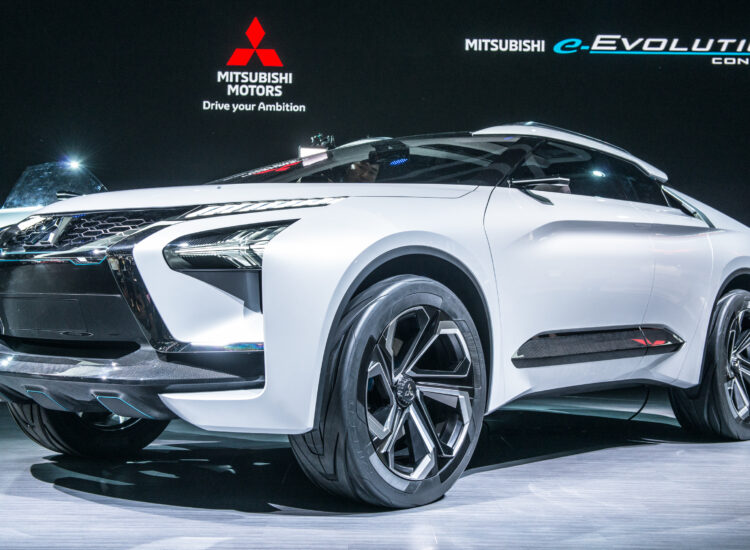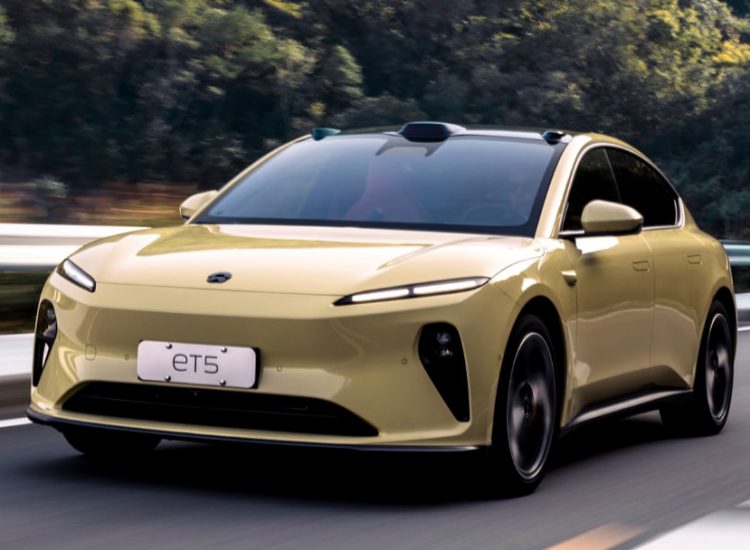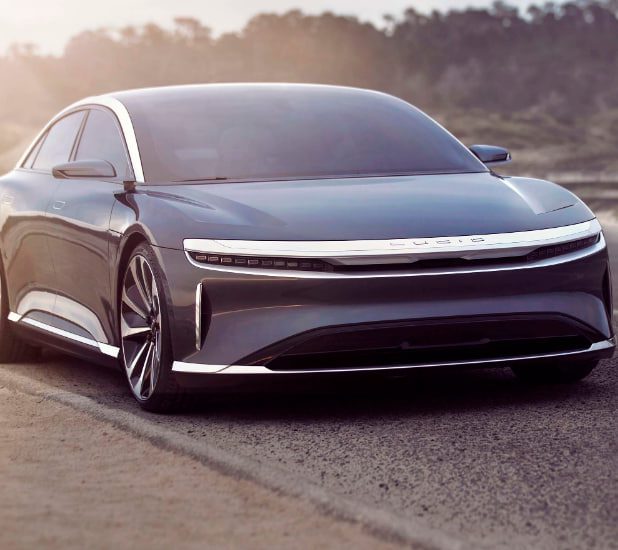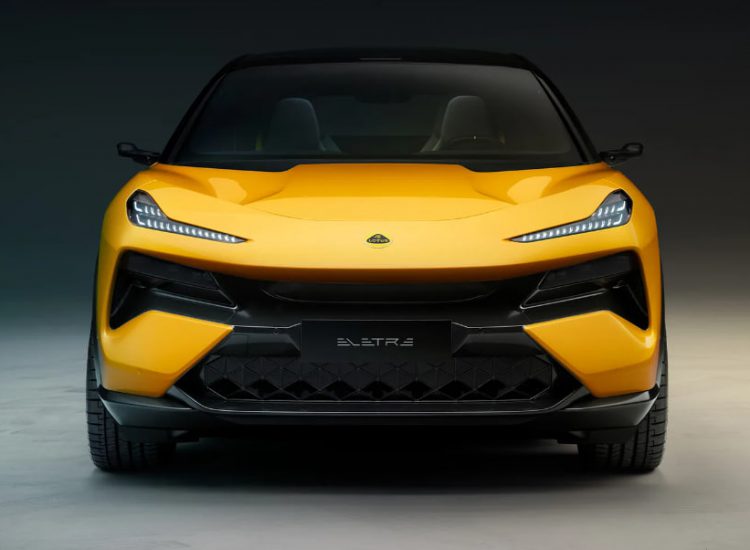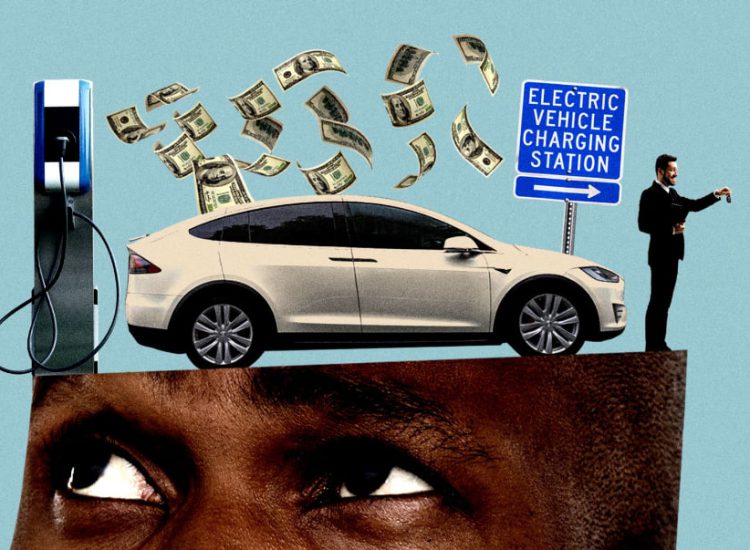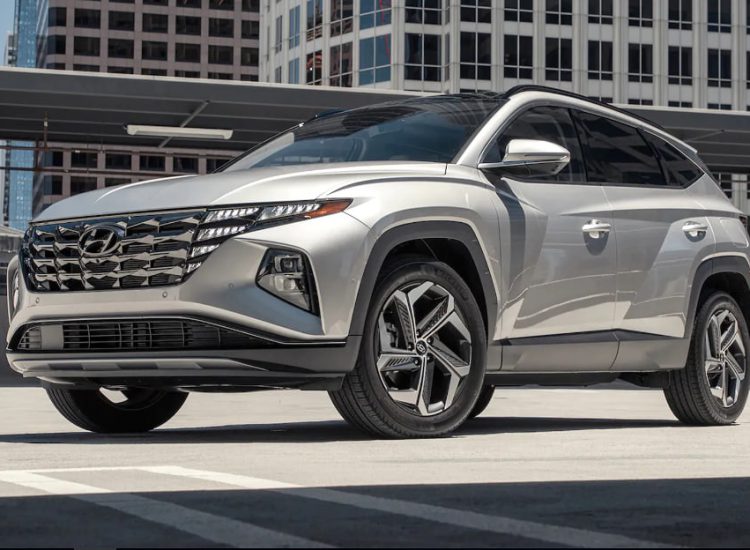Electric cars are becoming increasingly popular as a way to reduce carbon emissions and help protect the environment. Electric cars are powered by electricity, rather than gasoline, and produce no emissions when driven. This makes them a much more environmentally friendly option than traditional gasoline-powered cars.
Toc
How Electric Cars Help Reduce Carbon Emissions
Electric cars are powered by a battery, which is charged by plugging the car into an electrical outlet. This means that electric cars do not require any gasoline or other fossil fuels to operate. As a result, they produce no emissions when driven, making them a much more sustainable option than traditional gasoline-powered cars.
Electric cars also have a number of other benefits. They are typically much quieter than gasoline-powered cars, making them a more pleasant option for city driving. Additionally, electric cars are often more efficient than gasoline-powered cars, meaning they can travel further on a single charge. This makes them a great option for long-distance travel.
Electric cars also help reduce carbon emissions in other ways. For example, the electricity used to charge electric cars is often generated from renewable sources such as solar or wind power. This means that the electricity used to power electric cars is much less likely to contribute to global warming than the electricity used to power gasoline-powered cars.
Overall, electric cars are a great way to reduce carbon emissions and help protect the environment. They produce no emissions when driven, are often more efficient than gasoline-powered cars, and the electricity used to charge them is often generated from renewable sources. For these reasons, electric cars are becoming increasingly popular as a way to reduce carbon emissions and help protect the environment.
The Economic Benefits of Electric Cars
Electric cars are becoming increasingly popular as a viable alternative to traditional gasoline-powered vehicles. While electric cars may cost more upfront, they offer a number of economic benefits that make them a smart investment in the long run.
One of the most significant economic benefits of electric cars is their low cost of ownership. Electric cars require less maintenance than gasoline-powered vehicles, as they have fewer moving parts and no need for oil changes. Additionally, electric cars are much more fuel-efficient than gasoline-powered vehicles, meaning that drivers can save money on fuel costs. In fact, the average electric car driver can save up to $750 per year on fuel costs.
Electric cars also offer economic benefits in terms of government incentives. Many governments offer tax credits and other incentives to encourage the purchase of electric cars. These incentives can significantly reduce the cost of ownership, making electric cars even more affordable.
Finally, electric cars are better for the environment than gasoline-powered vehicles. This means that electric car owners can help reduce air pollution and greenhouse gas emissions, which can have a positive impact on public health and the environment. This can lead to long-term economic benefits, such as improved public health and reduced costs associated with air pollution.
1. https://suvwars.com/archive/174/
2. https://suvwars.com/archive/97/
3. https://suvwars.com/archive/118/
Overall, electric cars offer a number of economic benefits that make them a smart investment. From lower maintenance costs to government incentives, electric cars can save drivers money in the long run. Additionally, electric cars are better for the environment, which can lead to long-term economic benefits. For these reasons, electric cars are an increasingly popular choice for drivers looking to save money and reduce their environmental impact.
The Impact of Electric Cars on Air Quality

Electric cars have become increasingly popular in recent years due to their environmental benefits. As the number of electric cars on the road continues to grow, it is important to consider the impact they have on air quality.
Electric cars are powered by electricity, rather than gasoline, and therefore do not emit any exhaust fumes. This means that electric cars do not contribute to air pollution in the same way that gasoline-powered cars do. In fact, electric cars can actually help to improve air quality. By reducing the amount of exhaust fumes released into the atmosphere, electric cars can help to reduce the amount of air pollutants such as carbon dioxide, nitrogen oxides, and particulate matter.
Electric cars also have the potential to reduce the amount of noise pollution in urban areas. Electric cars are much quieter than gasoline-powered cars, which can help to reduce noise levels in cities. This can help to improve the quality of life for city dwellers, as well as reduce the risk of hearing loss.
Finally, electric cars can help to reduce the amount of greenhouse gases released into the atmosphere. Greenhouse gases are responsible for global warming, and electric cars can help to reduce their emissions. By reducing the amount of greenhouse gases released into the atmosphere, electric cars can help to slow down the effects of climate change.
Overall, electric cars can have a positive impact on air quality. By reducing the amount of exhaust fumes, noise pollution, and greenhouse gases released into the atmosphere, electric cars can help to improve air quality and reduce the effects of climate change.
The Role of Electric Cars in Reducing Pollution
Electric cars are becoming increasingly popular as a way to reduce pollution and improve air quality. As the world continues to grapple with the effects of climate change, electric cars offer a viable solution to reducing emissions and improving air quality.
Electric cars are powered by electricity, rather than gasoline or diesel, and produce no tailpipe emissions. This means that electric cars do not emit the pollutants that are associated with traditional gasoline-powered vehicles, such as carbon dioxide, nitrogen oxides, and particulate matter. Electric cars also have the potential to reduce the amount of greenhouse gases released into the atmosphere, as they do not rely on burning fossil fuels.
Electric cars are also more efficient than traditional gasoline-powered vehicles. Electric cars can travel farther on a single charge than gasoline-powered vehicles can on a single tank of fuel. This means that electric cars require less energy to travel the same distance, resulting in fewer emissions. Additionally, electric cars are quieter than gasoline-powered vehicles, which can reduce noise pollution in urban areas.
Electric cars also have the potential to reduce dependence on foreign oil. As electric cars become more popular, the demand for oil will decrease, which could lead to lower prices for oil and a decrease in the amount of oil imported from other countries.
1. https://suvwars.com/archive/97/
2. https://suvwars.com/archive/98/
3. https://suvwars.com/archive/136/
Finally, electric cars can help reduce the cost of transportation. Electric cars are typically more affordable than gasoline-powered vehicles, and they require less maintenance. This can result in significant savings for drivers over the long term.
In conclusion, electric cars offer a number of benefits when it comes to reducing pollution and improving air quality. They produce no tailpipe emissions, are more efficient than gasoline-powered vehicles, and can reduce dependence on foreign oil. Additionally, electric cars can help reduce the cost of transportation. For these reasons, electric cars are an important part of the solution to reducing pollution and improving air quality.
The Benefits of Electric Cars for Sustainable Transportation

Electric cars are becoming increasingly popular as a sustainable form of transportation. They offer a number of benefits that make them an attractive option for those looking to reduce their environmental impact.
One of the primary benefits of electric cars is their low emissions. Electric cars produce no tailpipe emissions, meaning they do not contribute to air pollution. This is especially beneficial in urban areas, where air pollution is a major concern. Additionally, electric cars are powered by electricity, which is a renewable energy source. This means that electric cars can be powered by renewable energy sources such as solar, wind, and hydroelectric power, further reducing their environmental impact.
Electric cars are also more efficient than traditional gasoline-powered cars. Electric cars convert more of the energy stored in their batteries into usable power, resulting in fewer emissions and improved fuel economy. This means that electric cars can travel farther on a single charge than gasoline-powered cars, making them a more efficient form of transportation.
Electric cars are also quieter than traditional gasoline-powered cars. This is beneficial in urban areas, where noise pollution is a major concern. Additionally, electric cars require less maintenance than gasoline-powered cars, as they have fewer moving parts and require less frequent servicing. This can save money in the long run, as electric cars are cheaper to maintain than gasoline-powered cars.
Overall, electric cars offer a number of benefits that make them an attractive option for those looking to reduce their environmental impact. They produce no tailpipe emissions, are powered by renewable energy sources, are more efficient than gasoline-powered cars, and require less maintenance. For these reasons, electric cars are becoming increasingly popular as a sustainable form of transportation.

